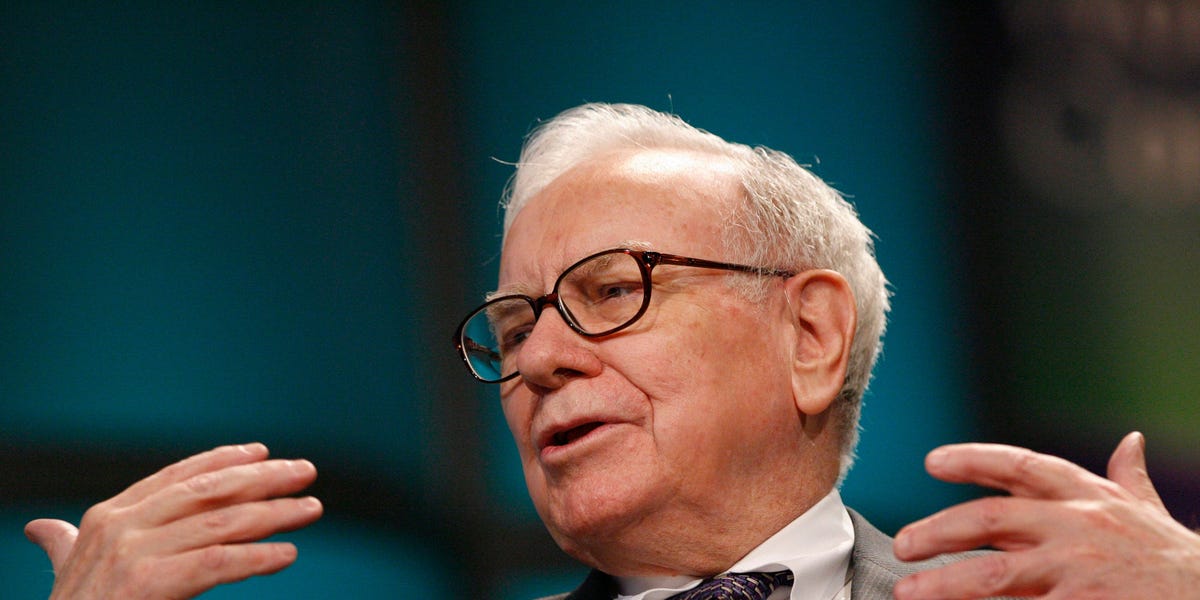
Warren Buffett’s recent shareholder letter, released on Saturday, offers valuable insights into business practices and personal growth. In this year’s letter, he emphasizes that mistakes are part of any endeavor but acknowledges the necessity of taking responsibility for them. He also encourages hiring based on innate talent rather than educational pedigree. Each year, executives of publicly traded companies send letters to their investors, summarizing company performance, financial outcomes, and future projections. Among these letters, Buffett’s correspondence to Berkshire Hathaway shareholders stands out as particularly anticipated. Investors and business professionals eagerly analyze his messages for clues about economic trends and financial tactics, while also uncovering essential life lessons.
In his latest letter, Buffett stated, “Alongside the required data, we feel it’s our duty to provide you with our perspective on your investments and our thought processes.” After reviewing the letter, Business Insider highlighted several of Buffett’s key takeaways.
Acknowledge Mistakes Promptly: Buffett candidly reflects on his past errors, admitting that some have arisen from misjudging the "future economics" of companies acquired by Berkshire Hathaway or from hiring unsuitable managers. He noted that between 2019 and 2023, he referenced "mistake" or "error" 16 times in his annual letters. His primary message is that acknowledging mistakes is crucial, as he pointed out, “The true error lies in postponing the rectification of these mistakes.”
Recognize the Impact of a Major Decision: Buffett also underscores the significance of transformative decisions in business. He wrote, “One significant decision can create astonishing outcomes over time.” He reflected on pivotal moments in Berkshire Hathaway’s journey, such as acquiring GEICO, bringing Ajit Jain into the leadership team, and partnering with Charlie Munger, who has served as vice chairman for over 40 years. “While mistakes may fade into memory, successful ventures have the potential to thrive indefinitely,” he remarked.
Evaluate Candidates Beyond Education: When it comes to selecting a CEO, Buffett strictly adheres to one principle: “I never consider a candidate’s educational background.” He referenced Pete Liegl, founder of Forest River, an RV manufacturing company acquired by Berkshire Hathaway in 2005, highlighting how Liegl outperformed his competitors without necessarily hailing from a prestigious school. “While some exceptional leaders graduated from renowned institutions, many, like Pete, found success without completing their education,” Buffett noted. His conclusion is that much of business acumen is inherent, with natural talent overshadowing educational attainment.
Promote a Culture of Saving: Buffett posits that a culture of saving and reinvesting has been fundamental to the success of American capitalism. “Since the inception of our nation, it has been crucial for many Americans to save consistently and for others to invest that capital responsibly,” he explained. He warned that if Americans consumed all they produced, the economy would stagnate. Similarly, he lauded Berkshire Hathaway shareholders for reinvesting their dividends instead of spending them. To foster continued saving and national prosperity, Buffett offered guidance to regulators, urging them to ensure a stable currency through wisdom and vigilance.
In summary, Warren Buffett’s recent shareholder letter not only outlines his reflections on mistakes and successes but also offers timeless advice on leadership and economic principles that can guide individuals and businesses alike.









